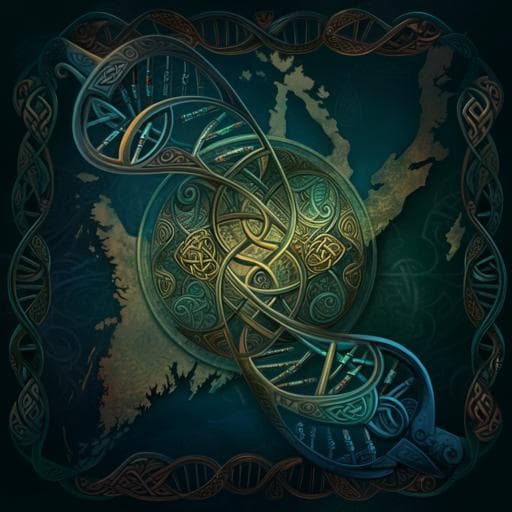
Biology
Characterization of Y chromosome diversity in Newfoundland and Labrador: evidence for a structured founding population
H. Zurel, C. Bhérer, et al.
Dive into the intricate genetic mosaic of Newfoundland and Labrador, where 71.4% of the population's Y chromosomes reveal roots tracing back to English and Irish settlers. This study, conducted by a team of experts including Heather Zurel and Claude Bhérer, unveils how historical migration patterns and geographical isolation shaped a unique founder population.
Related Publications
Explore these studies to deepen your understanding of the subject.







